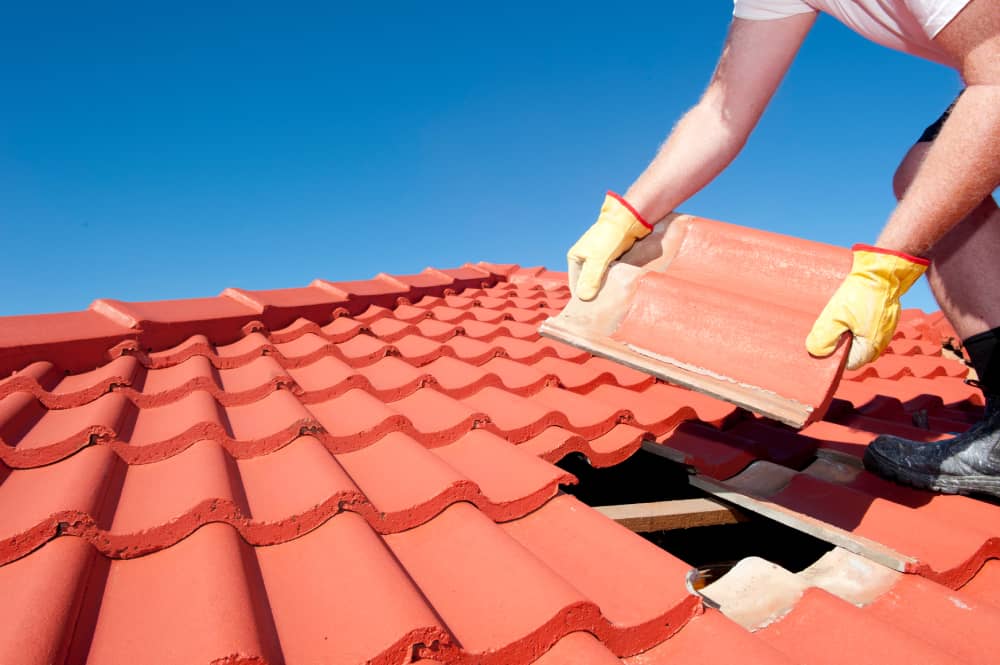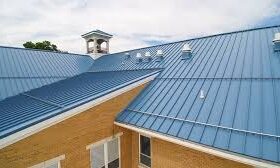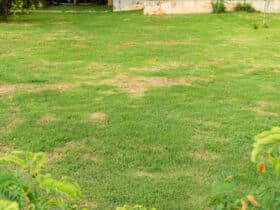One of the most treasured assets of current times is a home. Most people would be willing to go the extra mile to ensure it stays in tip-top condition. Many things can cause damage to a home, and as a homeowner, you have to be well equipped with information. The information will assist you in knowing how to tackle the different causes.
During the cold season, your home has to fight the harsh weather to continue standing. There are hail storms, ice, and snow that it comes into contact with. The worst part is when they go on for days unending.

If you have a home in a cold climate, then you know too well how the cold climate can leave it damaged extensively. The damages would mean that you will have to incur extra repair costs to get your home back in shape. Unfortunately, it’s hard to predict how good it will be since it varies from year to year.
Ways Cold Damages your Home
If you view your home as a solid fortress, you are not alone. Maybe it’s because of wishful thinking, but many people tend to think that their homes are indestructible. Who can blame them?
When you are curled up on the sofa with the fire burning to keep you warm, you are sure that the strong winds outside will stay outside. You might not be aware that your home is already in a fight to remain in good condition. Here are five ways the cold climate damages your home.
Frozen Pipes
Cold climate can cause plumbing problems by making your pipes freeze, and they end up bursting. You might end up with a flooded basement. This will make it hard to fix the busted pipes.

Remember, the water inside the pipes freeze and expand, initiating the burst. Any pipe that is exposed is susceptible to freezing. You will have to take care of a flooded house and hope it doesn’t get to your electronics.
You will experience damage across the house. This will affect the walls and floor in the house and affect the temperature of your home. The cost of repair will also be high, and you will feel the financial pinch.
Roof Collapse / Damage
You can imagine being without a roof under extreme cold weather. If the weight of the snow becomes too much for your roof, then it will cave under the weight. You will need an alternative accommodation immediately to avoid health issues.
The strong winds might also be ripping off trees and branches and sending them to your roof. This gives them access to tear your roof. You might start seeing huge holes that will make way for rain and snow. The water damage that might take place might be massive.
You will have to come into contact with the freezing water as you try to keep it from spreading into the whole house. The water can also affect your furniture and electronic appliances. The damage will affect the home and the contents inside.
Mold
This can be a double tragedy since it will also impact your health negatively. Inhaling mold can be disastrous for your lungs. If your home is poorly insulated, the cold and warm air will create condensation, making the environment ideal for mold to grow.
Mold has to be dealt with immediately; otherwise, home inspectors can flag the house as inhabitable. Bear in mind that mold grows at an accelerating rate. Therefore, it must be dealt with the minute it’s spotted. This way, you can nub it before it takes over the entire house.
Chimney Destruction
The chimney has been built to withstand heat, and it does not handle cold weather well. The cold climate might be too severe, making it freeze and end up cracking. It is hard to control a crack once it starts.
You might also experience leaks since flashing might take place. Water will be able to find its way into your home, causing dampness. Dampness is another factor that contributes to mold growth.
Exterior Damage
The exterior of your home is exposed to a lot of damage during cold weather. The falling branches and debris surrounding your home put it at risk. The strong winds are also not pleasant since they carry many things that hit and scratch your exteriors.
The weight of the snow on the exterior and the wetness they possess may also cause rotting to occur. If your exterior is wooden, you might have to replace it depending on how long the snow sits on it. You might have to do a lot of renovations once the harsh cold climate stops.
It is crucial to take into consideration winterizing your home. Winterizing will ensure that your home is protected against damages that are brought by cold weather. There are different ways in which you can safeguard your home. And you also want to avoid common home security mistakes that many homeowners make.
It is essential to conduct regular inspections around your home. You will be able to note any issues that might need fixing. You will also be able to prevent minor problems from turning into major ones.
You will have to be aware that the cold weather is unpredictable, and therefore, you will need to evaluate all the possible worst-case scenarios. This will guide you through the process of protecting your home.
The best way to win the fight against cold weather damage to your home is through prevention. Your home is a great asset, and therefore, you have to protect it. It is better to go overboard in implementing protective measures than to be left out in the cold.
By implementing the necessary measures, you will also save a lot of money on utility costs. Take preventive measures while you still have the chance.











